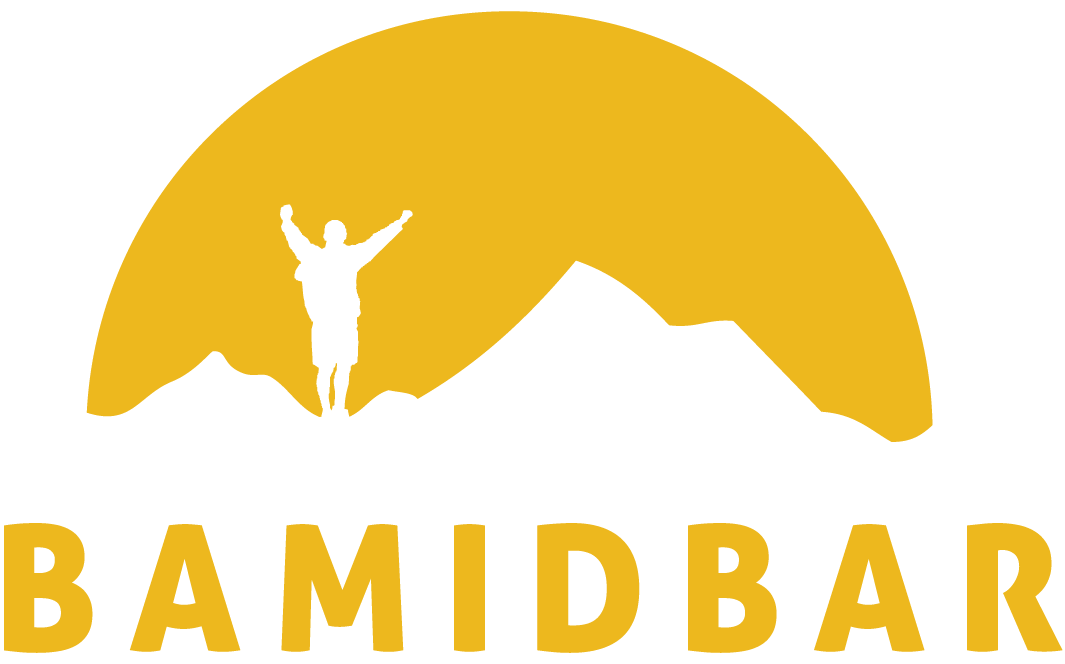By Hindy Finman
Since 1949 May has been Mental Health Awareness Month. This blog questions the Torah’s perspective on advocating for the needs of others. To learn how to Emor, speak up for those who are struggling please email Info@BaMidbarTherapy.org.
This weeks Torah portion has always been a difficult one for me to accept. It’s full of strange directives/mitzvot that Moshe is commanded to tell others. When reading through the text I felt myself getting frustrated with God. In my mind, heart, and soul the God I believe in creates space for everyone, and acts with love and compassion. Yet here is a God that I feel the need to say “uh huuullo!!! You created us why are you commanding this?”
So what is it exactly that God is telling Moshe to Emor (literal translation…speak?) The parsha begins by listing the guidelines for a Kohen (high priest) while working in the Temple. The text gives details of who they can marry, and explains they cannot come in contact with a dead body. In addition, the laws include various physical disabilities that would prevent them from being able to serve in the Temple; such as being bald or having a limp. All of these things are out of his control. It just seems cruel. Why would God demand a space for the divine presence, and then put up big signs that say NO ONE WITH DISABILITIES ALLOWED HERE, or YOUR WIFE WAS NOT A VIRGIN WHEN YOU MARRIED HER- PLEASE FIND WORK ELSEWHERE. How gross is that? Who wants to be a part of that religion and culture? Not me. That’s for sure.
(Insert Jewish guilt)
This is the Torah. I am supposed to embrace it. Argue with it. And come away with some profound life lesson. But I am stuck.
I have this horrible image of a young Kohen wanting to serve in the Temple and being told to leave. I wish I could grab a yummy lavender latte with Moshe and ask “what was going through your mind when God told you these laws? This is your immediate family with whom God is commanding you to set up these uncomfortable boundaries with. What was is it like to have to relay these messages to everyone? Did you become so numb to being the messenger that you no longer challenged God’s wishes?”
Moshe would respond with a shrug and casually state “It was a different time, you’re a millennial drinking medicinal herbs, with milk from an almond and some strange beans. You wouldn’t understand what it meant to be living with the divine present, the rules were different.”
To which I would shake my head, wipe away my tears of sadness, take a deep breath and respond to Moshe “yes and… while I may have a strange drink in my hand that I paid way too much for, and we no longer live in Temple times, we have something so much more powerful. We have spaces where anyone can show up and celebrate their Jewish identity. We have Torah written and learned by women and those who identify as queer. We have people with developmental disabilities reading Torah and being called for an Aliya. We have kohanim as well as female priestesses attending services on holidays just to shower us with the priestly blessings. We have the ability to choose our values and create community.”
And then Moshe would stand up, walk towards me and place his strong hand on my shoulder and choke out “Hindy, you have an incredible opportunity”. He would pause for awhile, look around the cozy coffee shop and continue. “Being the first leader of a powerful nation was never a job I imagined I’d have. I thought I would stay with Tzippora’s family and raise our children to be shepherds. You know how it goes: I had to leave, free everyone and then implement God’s will and purpose for creating our people. What God needed from the Tabernacle and Temple is something beyond human comprehension. We just don’t understand God’s needs. Maybe God did this so we would question the decision making process. Who really knows. You are lucky to live in a time where you are not restricted by the laws of the Temple. You don’t have prophets relaying the word of God; you have the ability to listen to your own soul, create your own values, and form spaces for everyone. And if this week’s parsha reminds you to take advantage of this, to be grateful, and to Emor, to speak and advocate for others then my job as a leader is complete.”
Thanks for the reminder Moshe.
This blog post originally appeared in the Moishe Moment, a weekly Parsha blog published by Moishe House residents and alumni. Moishe House is a place where young adults come together and create vibrant Jewish communities. For more information or to find events near you visit www.moishehouse.org

